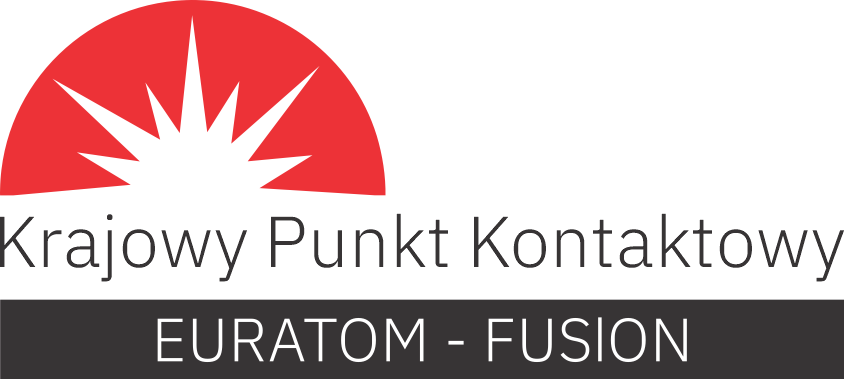 The Wendelstein 7-X, the world’s most advanced stellarator, is launching a new experimental campaign after a year of intensive maintenance and upgrades. This phase, known as OP2.2, begins on 10 September 2024 and marks a significant step forward in fusion research.
The Wendelstein 7-X, the world’s most advanced stellarator, is launching a new experimental campaign after a year of intensive maintenance and upgrades. This phase, known as OP2.2, begins on 10 September 2024 and marks a significant step forward in fusion research.
Building on its record-breaking plasma generation in February 2023, where it sustained plasma for 8 minutes and produced 1.3 gigajoules of energy, Wendelstein 7-X is now focused on achieving even higher performance. The primary goal of this campaign is to gradually increase plasma temperatures and energy throughput, moving closer to the conditions needed for a future fusion power plant. Unlike previous phases, the focus now shifts from setting duration records to maintaining high temperatures over extended periods, a crucial milestone in the journey toward practical nuclear fusion.
To support these ambitious goals, the stellarator has been equipped with cutting-edge technologies, including a new gyrotron heating system and a state-of-the-art steady-state pellet injector. The gyrotron, capable of delivering over 1.5 megawatts of power into the plasma, plays a critical role in achieving the high temperatures necessary for fusion. This powerful heating element, developed by leading research institutions, enhances the machine's ability to sustain plasmas at the required energy levels.
The new pellet injector, designed by the Oak Ridge National Laboratory, ensures a steady and efficient fuel supply by continuously delivering hydrogen pellets into the plasma. This innovation is key to maintaining the stability and consistency of the plasma during extended experiments, helping researchers better understand the complex behavior of particles and energy within the stellarator.
As part of the broader scientific goals, the Wendelstein 7-X team will focus on carefully testing the heat load limits of the machine's carbon walls and studying turbulence-controlled transport processes within the plasma. These efforts are critical for advancing the understanding of plasma physics and addressing the challenges associated with sustaining high-temperature plasmas over long periods.
The current experimental phase, OP2.2, will run until December 2024, followed by further phases extending into 2027. Each phase will build on the knowledge gained, bringing the research community closer to the ultimate goal of achieving controlled nuclear fusion.
For more details on this campaign, please visit the Max Planck Institute for Plasma Physics website: www.ipp.mpg.de
Photo: Wendelstein 7-X (Photo: MPI for Plasma Physics, Jan Michael Hosan)














































































